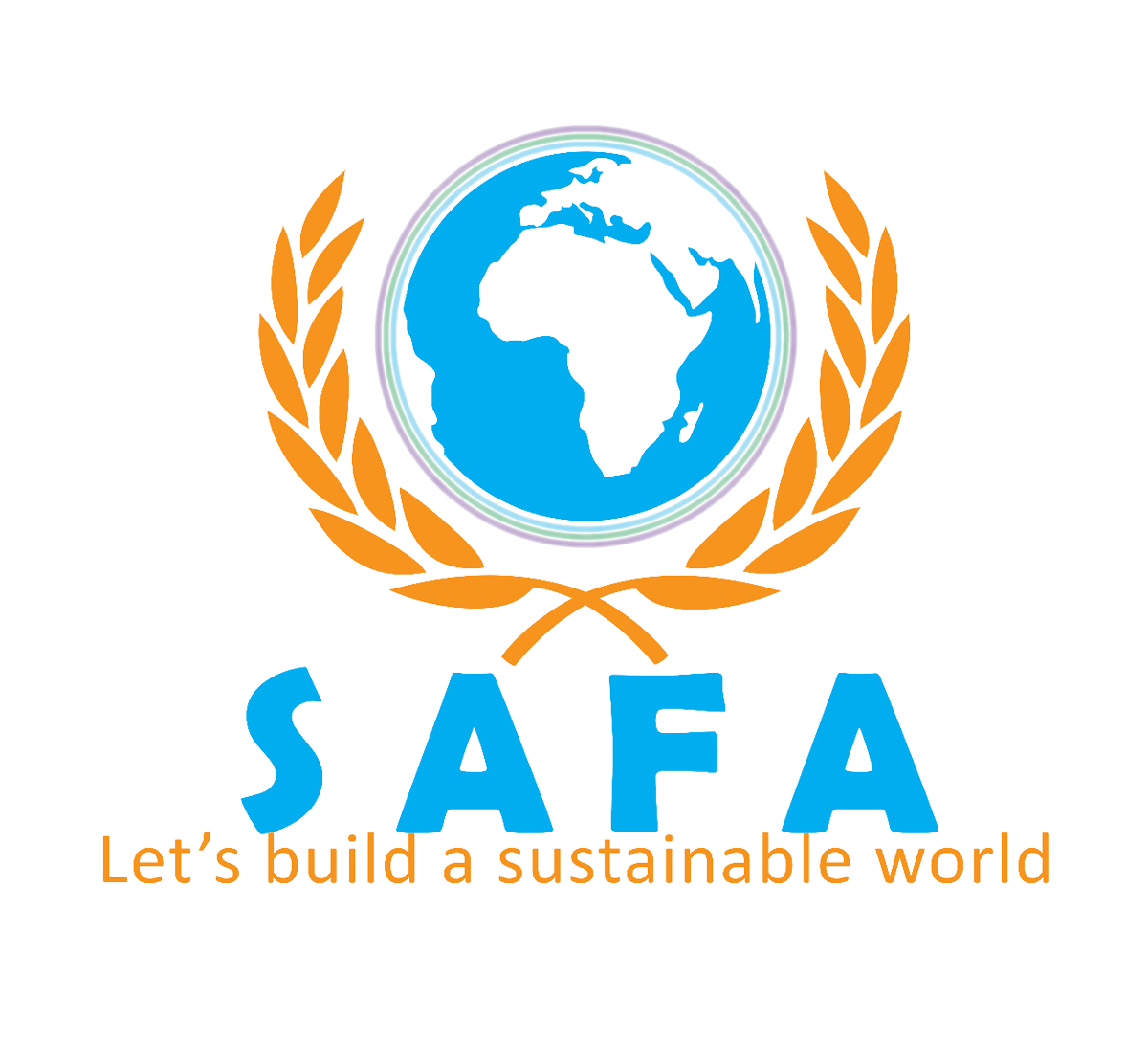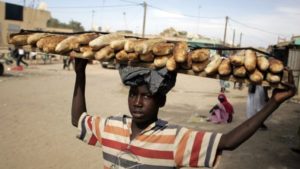The city of Yaoundé, the capital of Cameroon, hosted a regional ministerial conference on the situation of Central African refugees from 25 to 27 April 2022. Bringing together the main host countries, namely Cameroon, which hosts the largest number of refugees (345,000), followed by the Democratic Republic of Congo (212,000), Chad (119,000), Congo (29,000), Sudan (28,000) and South Sudan (2,500), for a total of about 1.4 million Central African refugees as a result of the many successive crises in the Central African Republic. The conference was organised by the Cameroonian government and the United Nations refugee agency (UNHCR).
This high-level meeting during 3 days aims mainly to coordinate, to find durable solutions to the crisis of the Central African refugees in these 6 host countries. The United Nations High Commissioner for Refugees, Filippo Grandi, present at this occasion declared “the efforts in the dynamics of durable solutions must be carried out within the framework of a broad alliance including the governments, the humanitarians, the companies, the actors of development, the civil society, the private sector and, imperatively, the refugees themselves, in particular the women”.
This commitment is reflected in the following recommendations which, in summary, focus on actions to be taken to provide sustainable solutions for forcibly displaced Central Africans while ensuring their protection and promoting self-reliance and resilience in countries of asylum and in the country of origin, with the support of the international community and other stakeholders
- On strengthening the institutional and normative framework for the protection of refugees, asylum seekers, returnees and IDPs
- On promoting socio-economic inclusion, resilience and empowerment of Central African refugees and host communities.
- On the promotion of conditions for the sustainable return and effective reintegration of forcibly displaced persons.
- On the establishment of a regional coordination mechanism.
As these efforts have so far been carried out in isolation, the conference agreed to establish a mechanism to coordinate solutions with the support of UNHCR, which has implemented three such regional instruments: for the Afghan crisis, in Central America, in Mexico, and in the East and Horn of Africa. .


